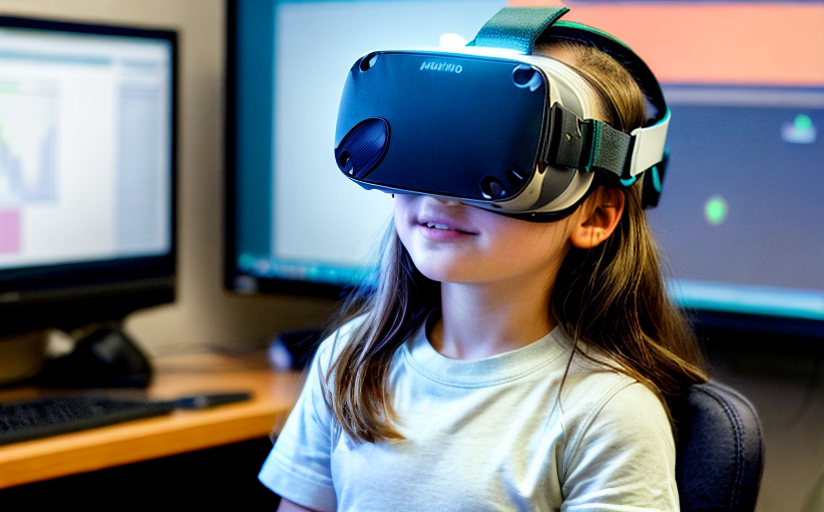The Transformation of Modern Education: An Insight into the Realm of Virtual Reality (VR)
In the wave of disruption induced by technology, every aspect of human life is being revamped, and the field of education is no exception. One such transformational innovation presented to education by technology is Virtual Reality (VR).
Impact of VR on Traditional Classroom Settings
In an era where digital natives form a majority of the school population, educators are in constant search of strategies to ensure increased learner engagement and knowledge retention. VR presents a powerful solution in this aspect by introducing an interactive and engaging educational atmosphere that turns passive listeners into active learners. In addition, VR mitigates geographic restrictions, thereby bridging the gap between the global north and south and creating more equitable education opportunities.
VR in Distance Education and Special Education
Despite the increasing popularity of distance education, one of its major drawbacks is the lack of real-time interaction and face-to-face communication. VR, with its capabilities of creating three-dimensional, interactive, and immersive environments, can significantly enhance this mode of learning. Moreover, the application of VR in special education can help meet specific individual needs, making education much more inclusive.
Professional Development through VR
The application of VR extends beyond school education to encompass professional development. With VR, professionals can simulate a wide range of scenarios to attain mastery over their competencies. This is particularly beneficial for verticals like healthcare, manufacturing, and logistics, where VR can provide hands-on experiences that are otherwise hazardous, expensive, or even impossible to create.
Challenges of Implementing VR in Education
Whilst VR holds immense potential for revolutionizing education, its wide-scale implementation is hindered by a number of challenges. Foremost among these is the substantial cost associated with setting up VR labs, which becomes especially pertinent in economically challenged regions. Secondly, the use of VR may result in health issues such as motion sickness. Tech illiteracy among educators can also be a significant hurdle, given that successful VR implementation requires proficient handling. Lastly, the issue of data privacy in VR platforms is a potential concern that needs addressing.
Conclusion - Future of Learning with VR
As we gradually progress into an uncertain future, VR appears to be a major game-changer in the game of learning. However, the best outcomes can be expected only when the potential challenges are dealt with judiciously. With careful planning and implementation, VR has the potential to completely transform the landscape of education and pave the way for a future where learning is more engaging, inclusive and effective.
















Comments
Leave a Comment